When it rains, it pours, and when it pours, it can flood. You don’t have to stand back while waters engulf your cherished personal belongings. We’ve got some mighty tips that will help you keep afloat during stormy waters, literally and emotionally.
Get Flood Insurance Coverage
While your homeowners policy may cover damage from leaking or broken pipes, it may not cover flood damage from natural causes. For that type of protection you need flood insurance coverage, and GEICO Insurance Agency can help you get the coverage that protects your home and personal belongings at an affordable rate. Get a free online flood quote or call 1-800-841-2964 to learn more.
If your home is at high risk of flooding, you may need an elevation certificate before you can obtain flood insurance. An elevation certificate is issued through a land surveyor and lists a building’s geographical location, lowest point of elevation, flood zone and other relevant factors, and is used to help enforce local building ordinances and determine flood insurance rates. If your neighborhood participates in the National Flood Insurance Program, an elevation certificate for your property may already be on file at your local municipal office; check with your local floodplain manager. If a survey has already been conducted before you purchased the home, it may also have been provided to you at closing.
Be Prepared
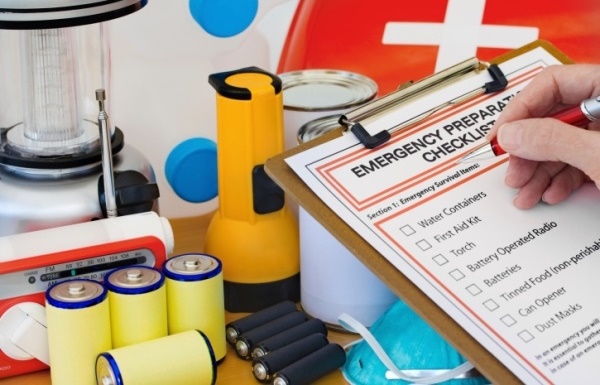 Being prepared is the best defense when it comes to natural disasters. In the event of a flood warning, get some essentials ready for you and your family. Build a basic disaster supply kit consisting of a three-day supply of food, water and clothing, essential toiletries, a flashlight and cell phone with emergency contacts. Keep a battery powered radio and extra set of batteries with you at all times to keep up to date on important weather announcements. The Ultimate Hurricane Preparedness Checklist has some great tips on what to do in a natural disaster that are useful to know even for floods, so give it a read.
Being prepared is the best defense when it comes to natural disasters. In the event of a flood warning, get some essentials ready for you and your family. Build a basic disaster supply kit consisting of a three-day supply of food, water and clothing, essential toiletries, a flashlight and cell phone with emergency contacts. Keep a battery powered radio and extra set of batteries with you at all times to keep up to date on important weather announcements. The Ultimate Hurricane Preparedness Checklist has some great tips on what to do in a natural disaster that are useful to know even for floods, so give it a read.
Prevent Damage Before It Happens
Water can cause some massive damage, but if you plan it out right, you can help minimize it. Shutting off the electricity in your home prevents short circuits, but remember to never try shutting it off when water is already surrounding the main power box. Move expensive personal items and furniture to an elevated location. Anchor outdoor equipment such as fuel tanks, air-conditioning units and generators as they could break free and float away. Use sandbags to help redirect the flow of water away from your home, or stack them against a door to prevent water from getting into the house. Check with your local government as many jurisdictions give out free sandbags in anticipation of a storm.
Get Your Pipes Checked
While images of water-engulfed homes come to mind when you read the word “flood,” surprisingly, many floods happen due to internal home issues. Flooded sewer systems can cause sewage to back up, and leaking or busted pipes can cause water to seep into the home. Fix a suspected problem as soon as possible to help keep your home dry and to prevent nasty mold from forming.
Have you been affected by severe floods? Start your claim here.
By Yousef Abdul-Husain

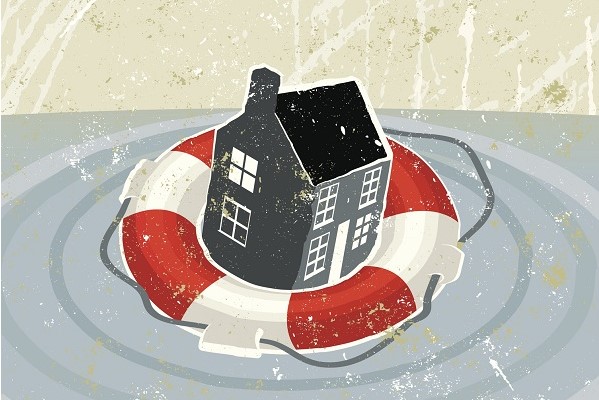



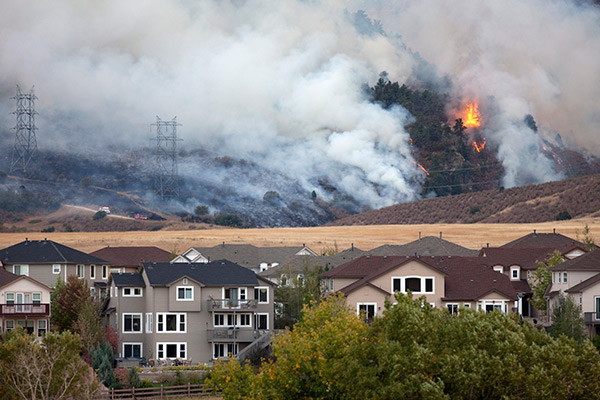
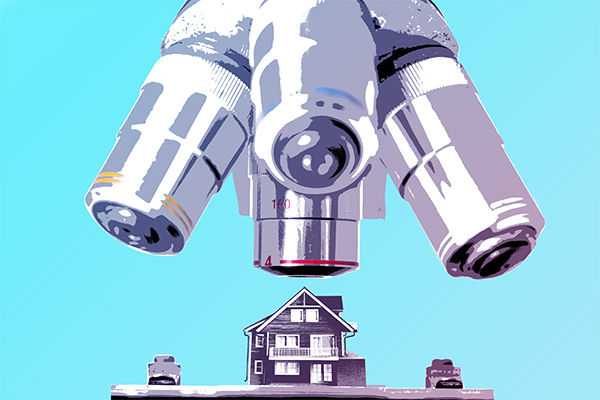
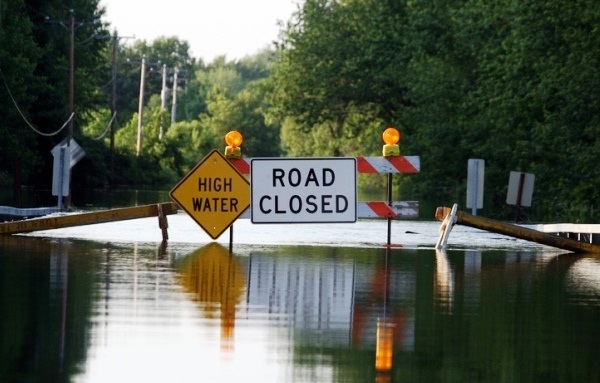
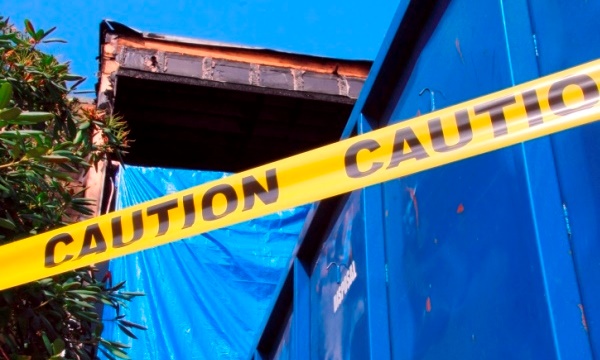
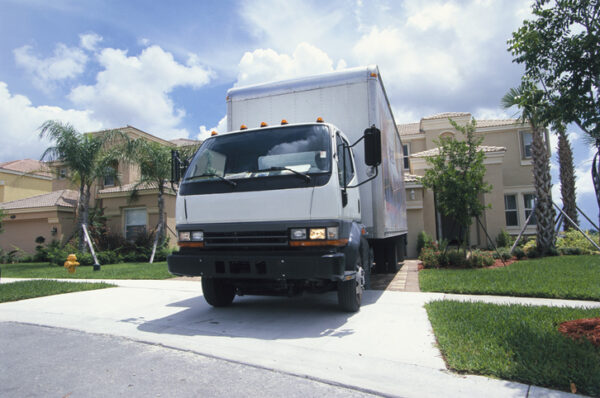
Ruth Battle Hall says,
Good information thank you.
Rockford Johnson says,
Cool post!I learned a lot about how to get my home ready for a flood by reading this. I like how you explained that”While your homeowners policy may cover damage from leaking or broken pipes, it may not cover flood damage from natural causes.”. My brother’s house was flooded once by a storm. Luckily he had bought flood insurance which helped pay for flood restoration services and his house was back to looking like normal in less than a week.